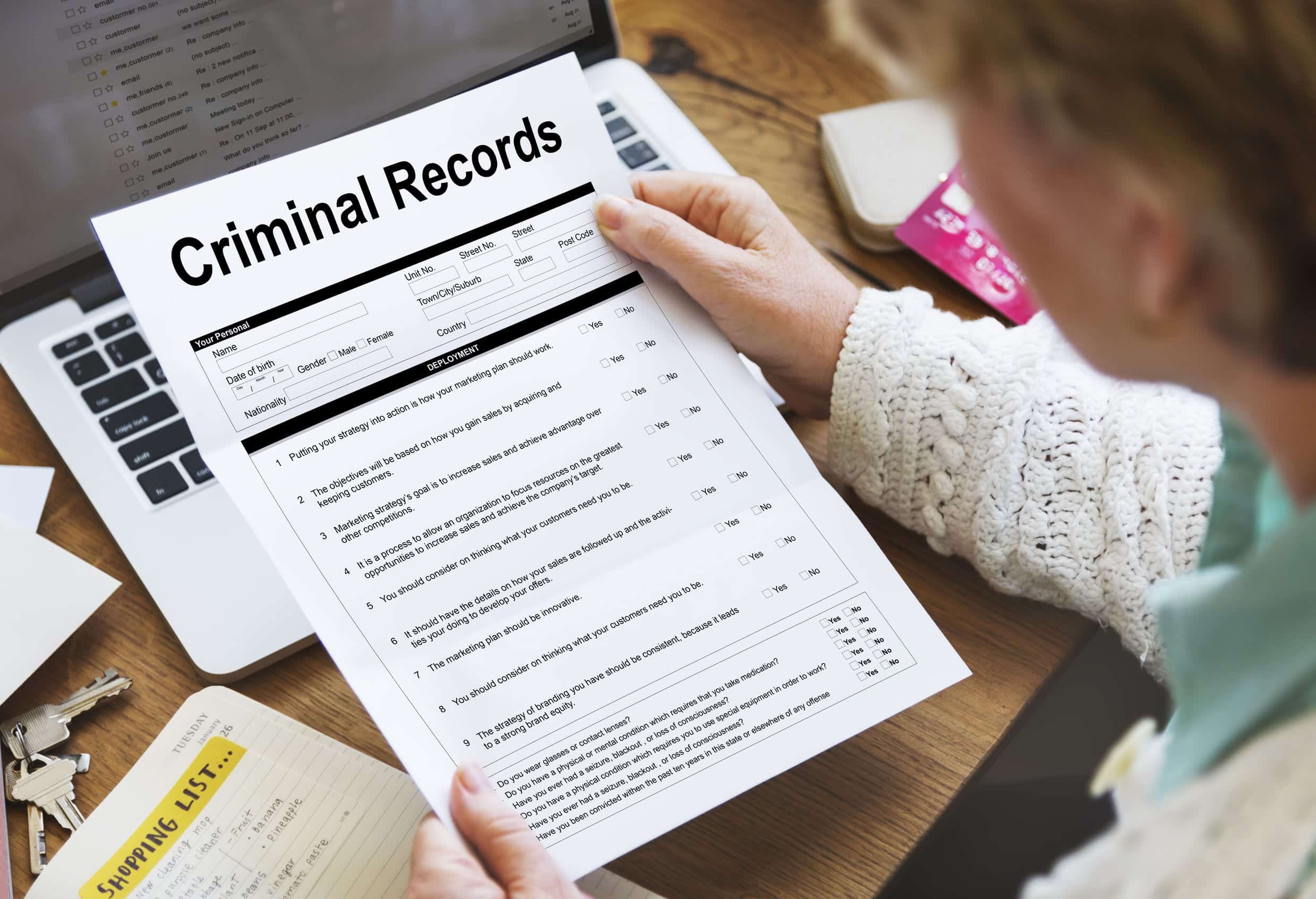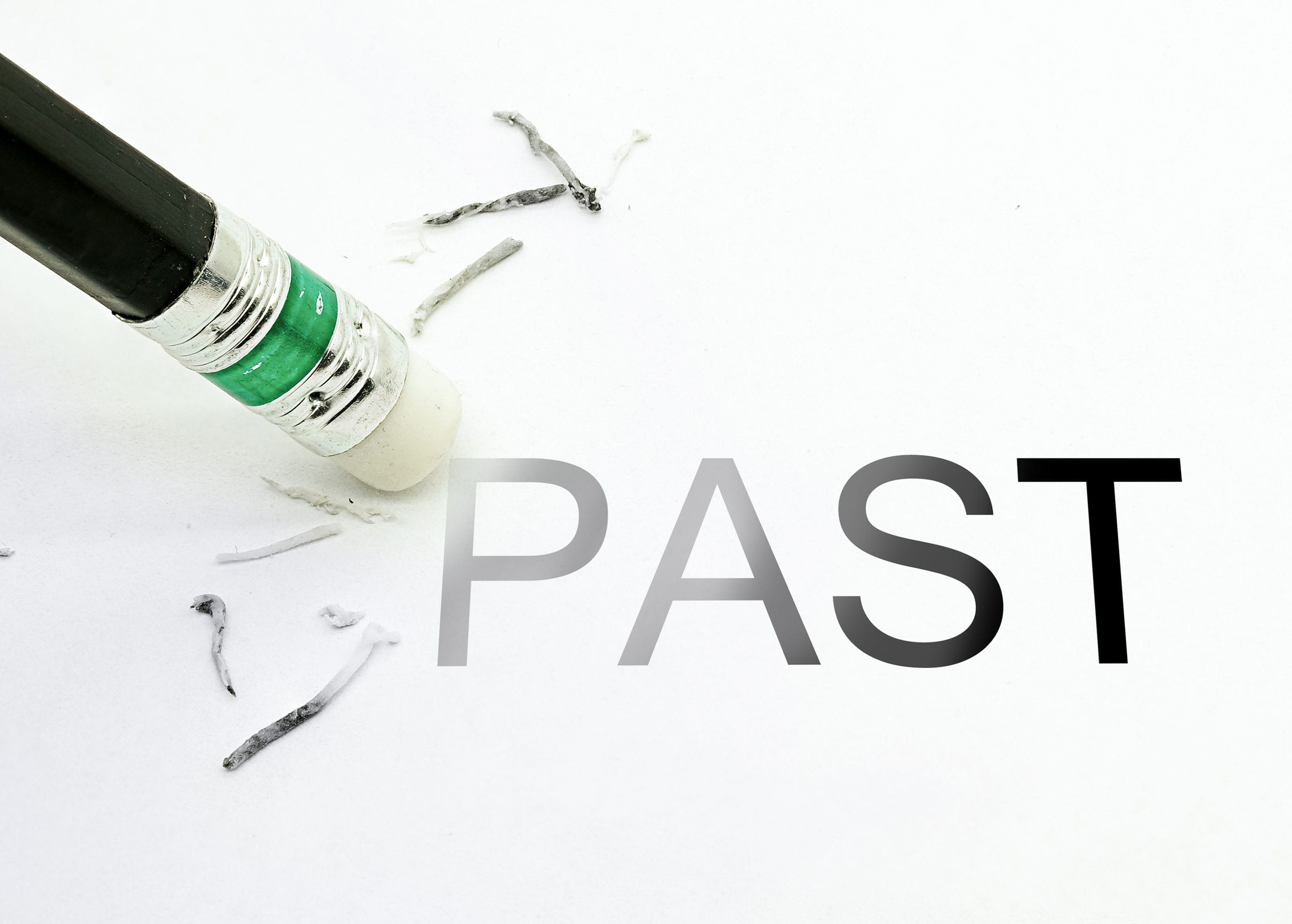- Home
- THE FIRM+
- Criminal Defense+
- CASE RESULTS
- AREAS WE SERVE+
- FAQ’s
- Blog
- Contact
AZHARI LLC BLOG

Posted By: Sami Azhari
Category:

One of the most devastating consequences of a run-in with the law isn’t mentioned in a court: being left with a criminal record. This is something that can affect nearly every aspect of your life, including housing, employment, and higher education opportunities.
In fact, even if you were arrested for a crime but were not charged, or eventually had your charges dropped or were acquitted, you will still have a criminal record despite the outcome.
That’s right. Unless you have the record expunged, records of your arrest and court proceedings will still be searchable on public databases.
Take what happened to actor Jussie Smollett. As you likely know unless you’ve been living under a rock for the last few months, Smollett was recently indicted for hate crime charges in connection to allegedly fabricating an anti-gay, racist attack on himself.
Then, in a controversial decision, Cook Country prosecutors dropped all charges against Smollett. You’d think that this would mean he no longer had a criminal record in relation to this situation – but you would be wrong. No matter what else happens, Smollett’s arrest and court proceeding records will continue to be publicly visible unless his defense team has these records expunged.
Obviously, in a case as high-profile as Smollet’s, that’s probably the least of his worries. Everything about it has been widely publicized, and people are unlikely to forget any time soon.
Most people don’t have that problem, though. Your criminal record is the only way that people in the public – including employers – ever really have of discovering your past outside of you simply telling them. If that record isn’t visible, it’s like it never happened.
Because of this, record sealing and expungement is a crucial means to protect your future, leaving past transgressions where they belong – in the past.
Below, we provide a guide covering which offenses are ineligible for expunction and the criteria for expunging eligible offenses.
If You Have Been Arrested or Charged in Illinois
If you were arrested but not charged with an offense, or if your charges had any of the following outcomes, you can apply for record expunction:
- Acquittal (not guilty verdict)
- Stricken with leave
- Finding of no probable cause
- Charges dismissed
These cases are immediately eligible for expunction, and we encourage anyone in this situation to apply for expunction right away.
If You Have Been Convicted in Illinois
If you were convicted of a crime, you may or may not qualify for expunction, depending on the conviction in question. Below, we review which crimes are eligible, and the qualifications for expunction.
Crimes that Cannot Be Expunged or Sealed
- Driving under the influence
- Sexual offenses committed against minors
- Indecent solicitation of an adult
- Public indecency
- Solicitation of a sexual act
- Soliciting a prostitute
- Keeping a place of prostitution
- Pimping
- Obscenity
- Distribution of harmful material
Misdemeanors That Can Be Expunged Five Years after the Crime was Committed
- Operating an uninsured motor vehicle
- Suspended registration for noninsurance
- Displaying false insurance
- Failure of scrap dealer to keep records
- Domestic battery
- Criminal sexual abuse
Felonies that Can be Expunged Five Years after Completion of Second Chance Probation
- Class 4 possession of a controlled substance
- Class 4 possession of methamphetamine
- Class 4 theft at a school, place of worship, or government property
- Class 4 criminal damage to property
- Class 3 theft or retail theft
Felonies that Can be Sealed Three Years after Completing Your Probation, Parole, or Sentence
- Class 4 prostitution
- Class 3 theft or retail theft
- Class 3 deceptive practice
- Class 3 forgery
- Class 3 burglary tools
Still not sure if you qualify? Talk to a legal professional.

Record sealing and expungement allow you to put past mistakes behind you, giving you a fresh start to live your life to the fullest. If you are able to meet the requirements, the process may well change your life.
About the Author
Sami Azhari has been working as a lawyer since 2007, after receiving his Juris Doctor from the Michigan State University College of Law. He has handled numerous state and federal cases, and is known throughout the Chicago and Rolling Meadows area for providing his clients with high-quality, skilled representation. He has been recognized by SuperLawyers, the National Trial Lawyers Association, and other notable organizations, and has spoken at a number of legal conferences.
























































